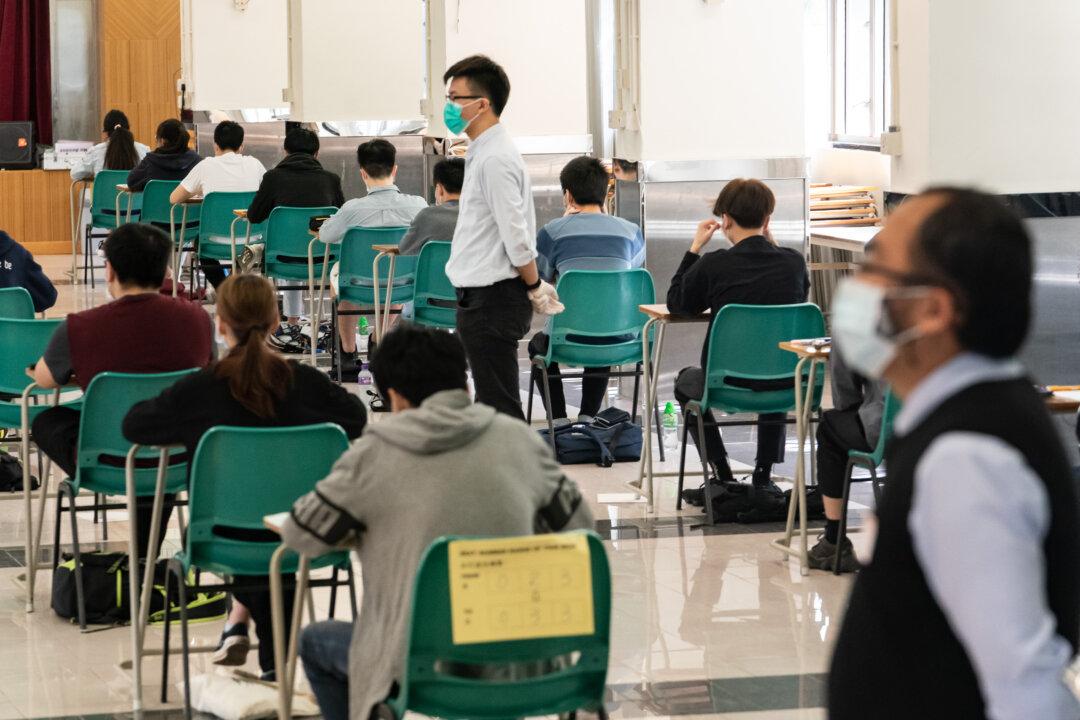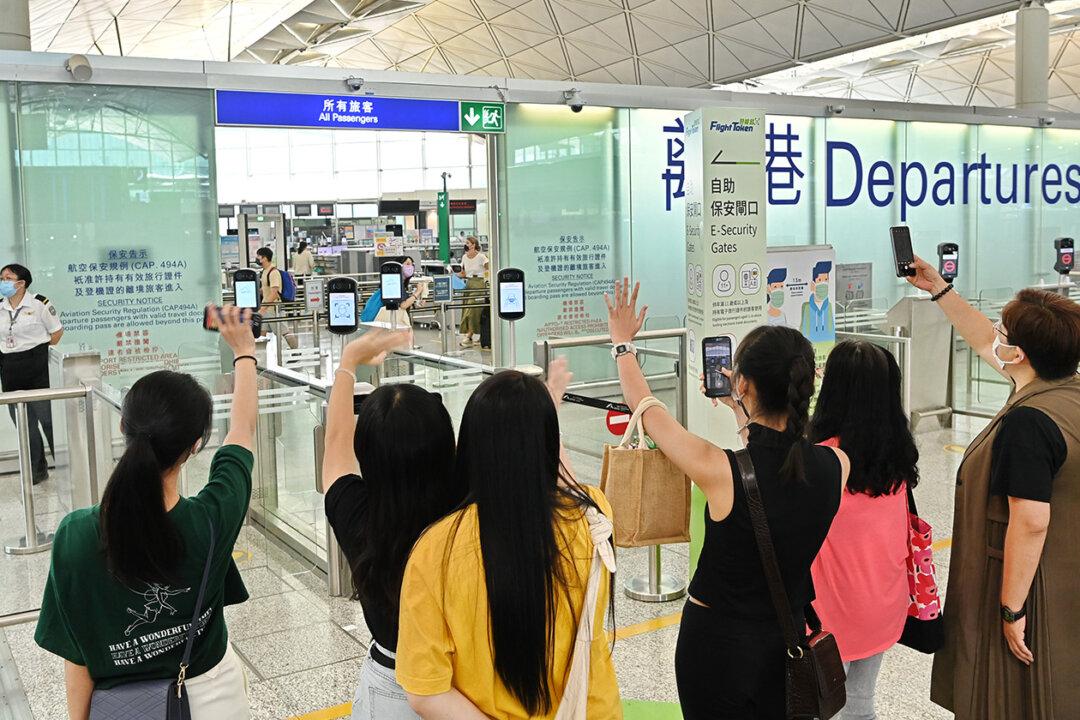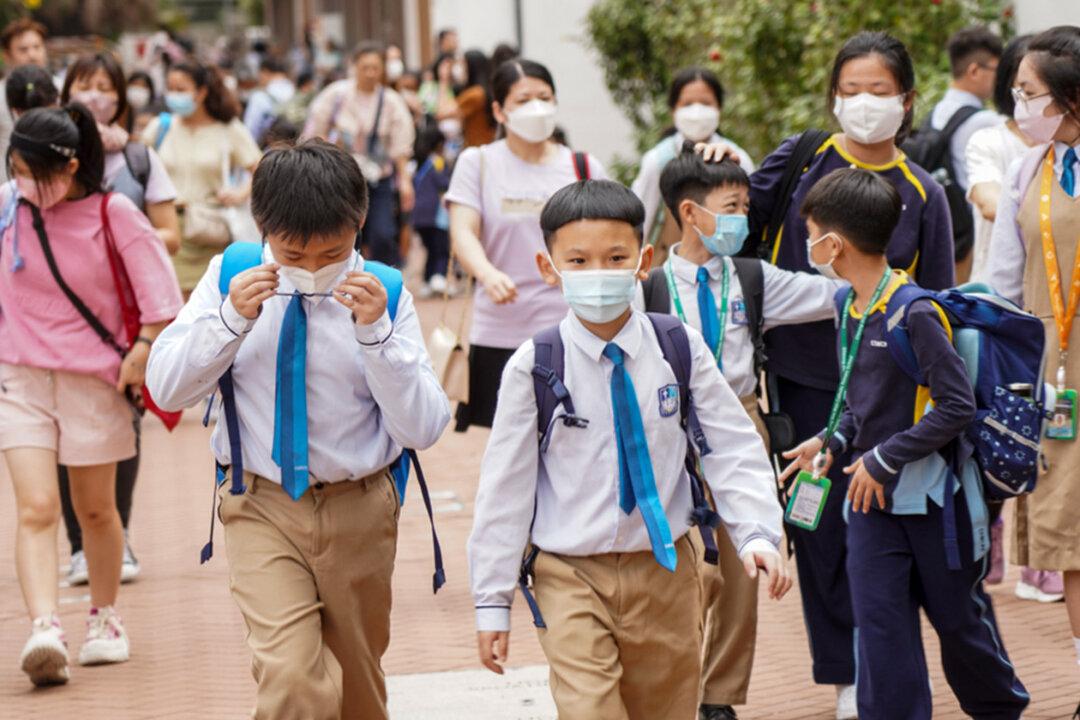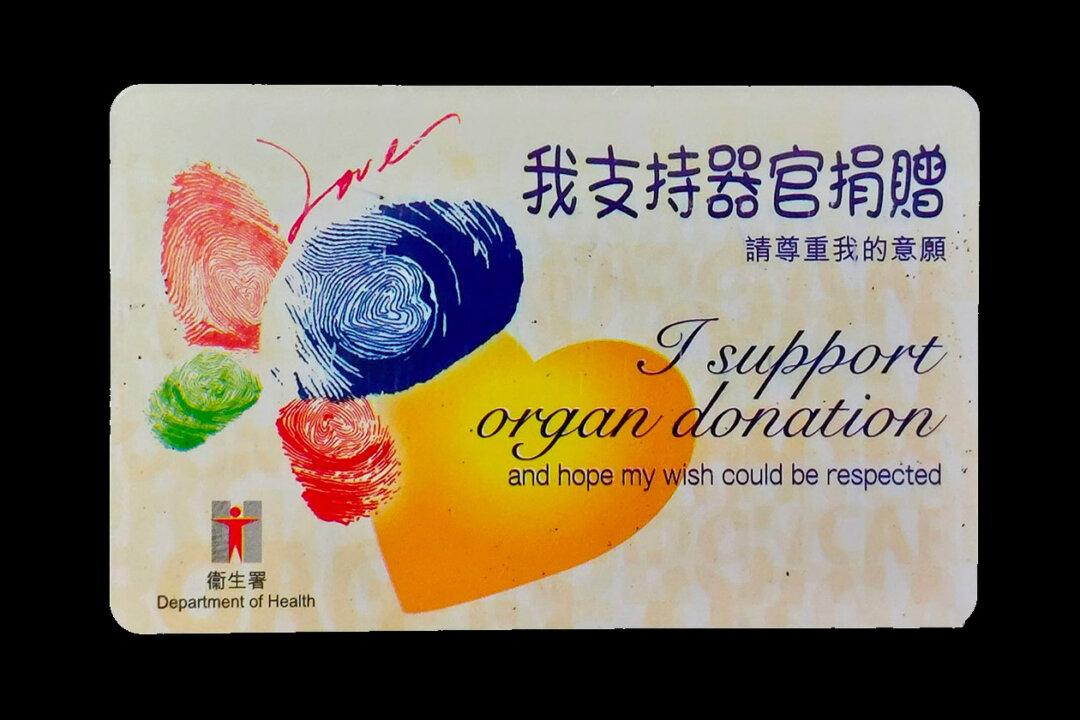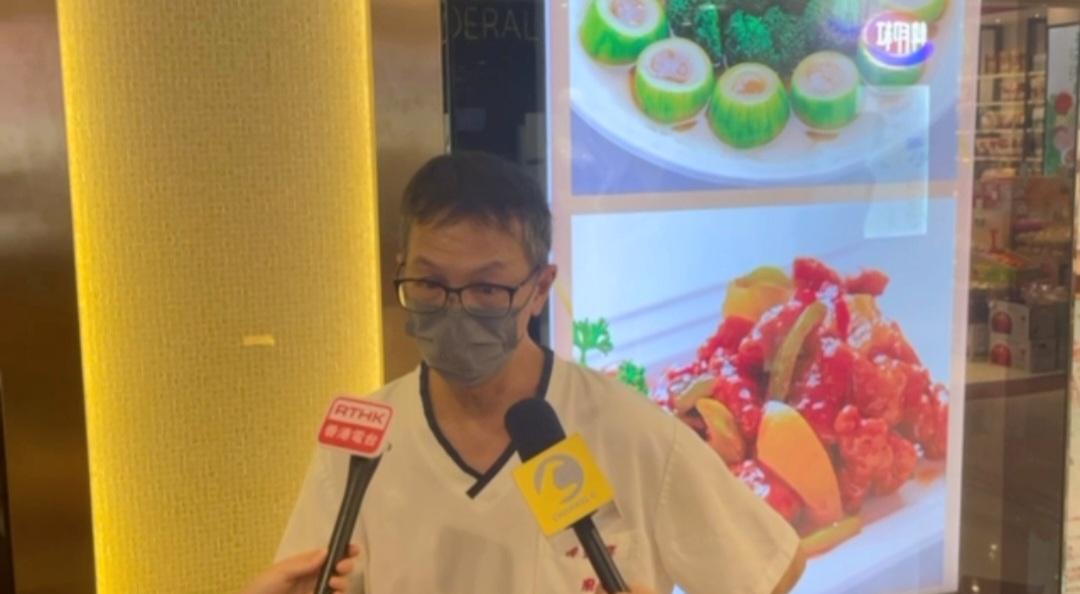The Hong Kong Diploma of Secondary Education (DSE) will allow qualified schools for children of Hongkongers in mainland China to take the exam for most of the subjects next year. They can use the DSE results to participate in the joint university admissions to compete with Hong Kong students.
In other words, children born in Hong Kong whose father and/or mother are non-Hong Kong permanent residents studying in these schools, not only can they take most of the DSE subjects in the mainland China, but they can also use the DSE results to apply for undergraduate courses in a local university through the Joint Universities Admissions System (JUPAS) as a Hong Kong citizen.
